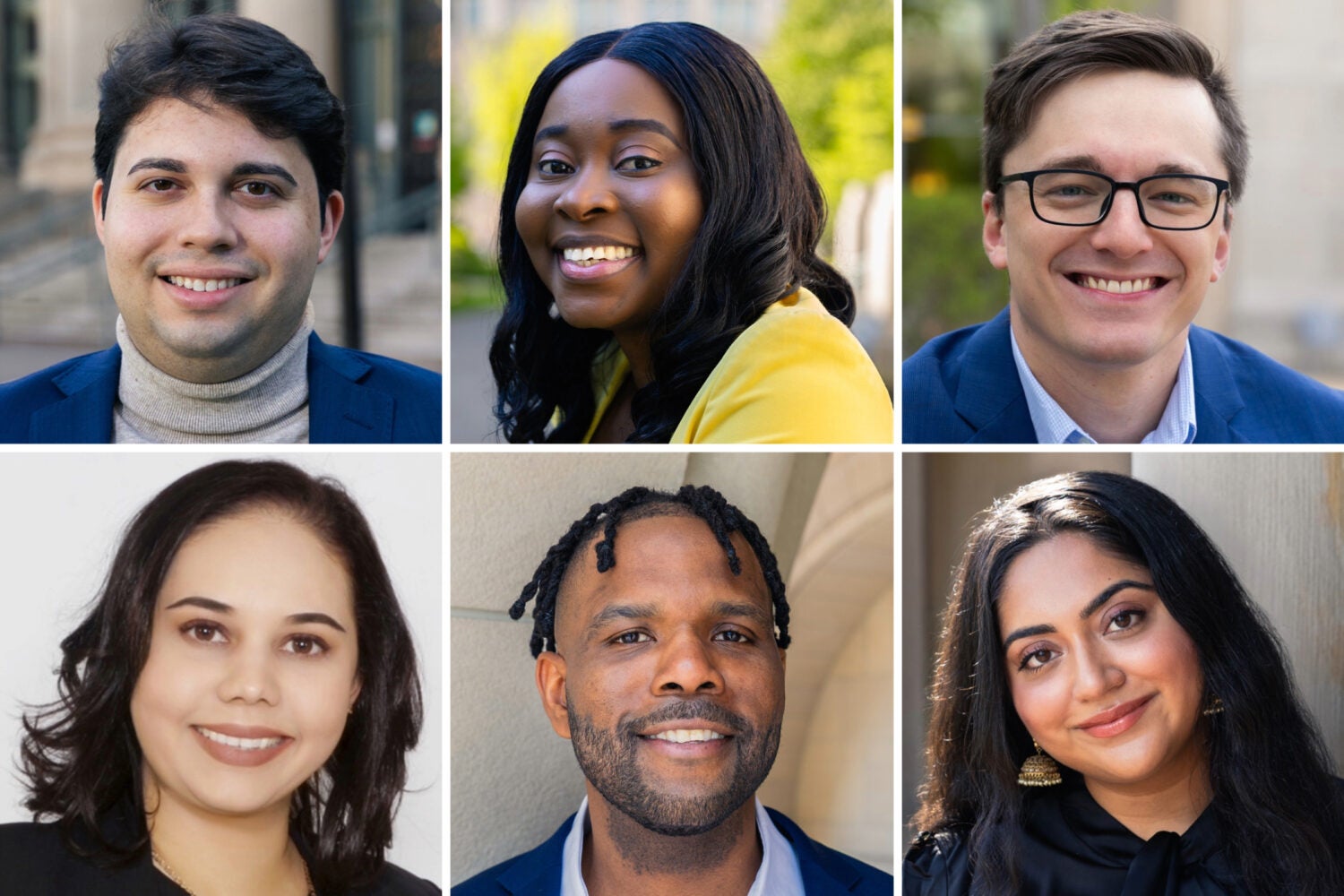As they prepare to graduate, several members of the Class of 2025 reflect on the interests they brought to — and the experiences and lessons they will take from — their time at Harvard Law.
Blessing Udo
‘Sometimes it’s not enough to seek; you must shape the path’
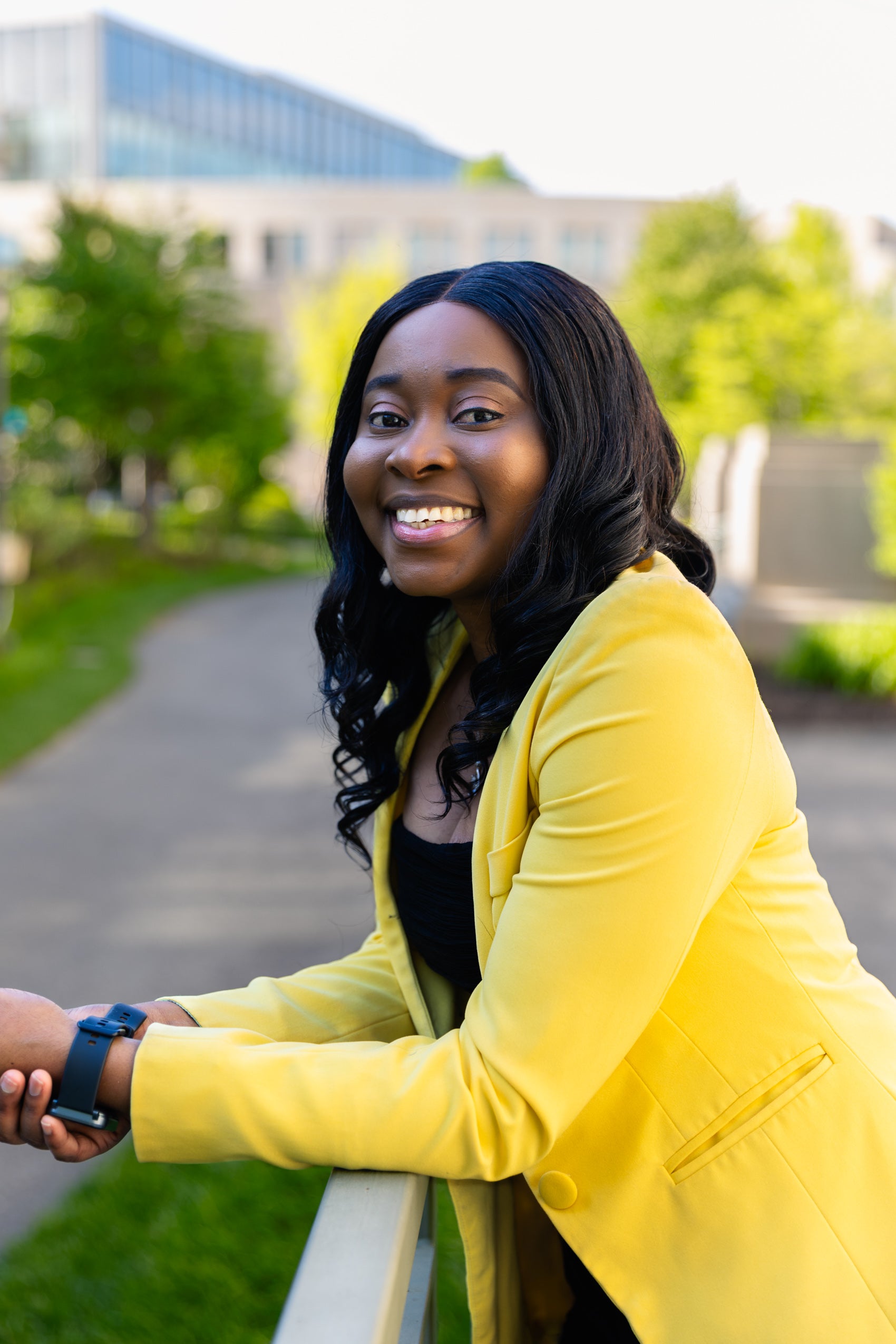
By the time Blessing Udo LL.M. ’25 arrived at Harvard Law School, she already had been a practicing lawyer in her native Nigeria for several years on a range of complex issues.
Among other engagements, she acted as production counsel on behalf of a Nigerian film studio for Amazon Prime’s first African Amazon original movie, “Gangs of Lagos,” and other films, including “Brotherhood,” “Ada Omo Daddy,” and “Christmas in Lagos.” She also regularly advised clients — including Samsung and the TikTok platform SoundOn — about her country’s data privacy laws, including the Nigeria Data Protection Act 2023, which she contributed to the review of the bill.
Her legal practice was varied — she began her career with a focus on intellectual property law and then became interested in data privacy and artificial intelligence issues — but she wanted to pursue other options too. An LL.M. at Harvard Law School provided the perfect opportunity.
“It felt like a great time to see if there are any other aspects of the law I want to explore,” she said.
Ben Reichard
‘Community is built, not merely found’
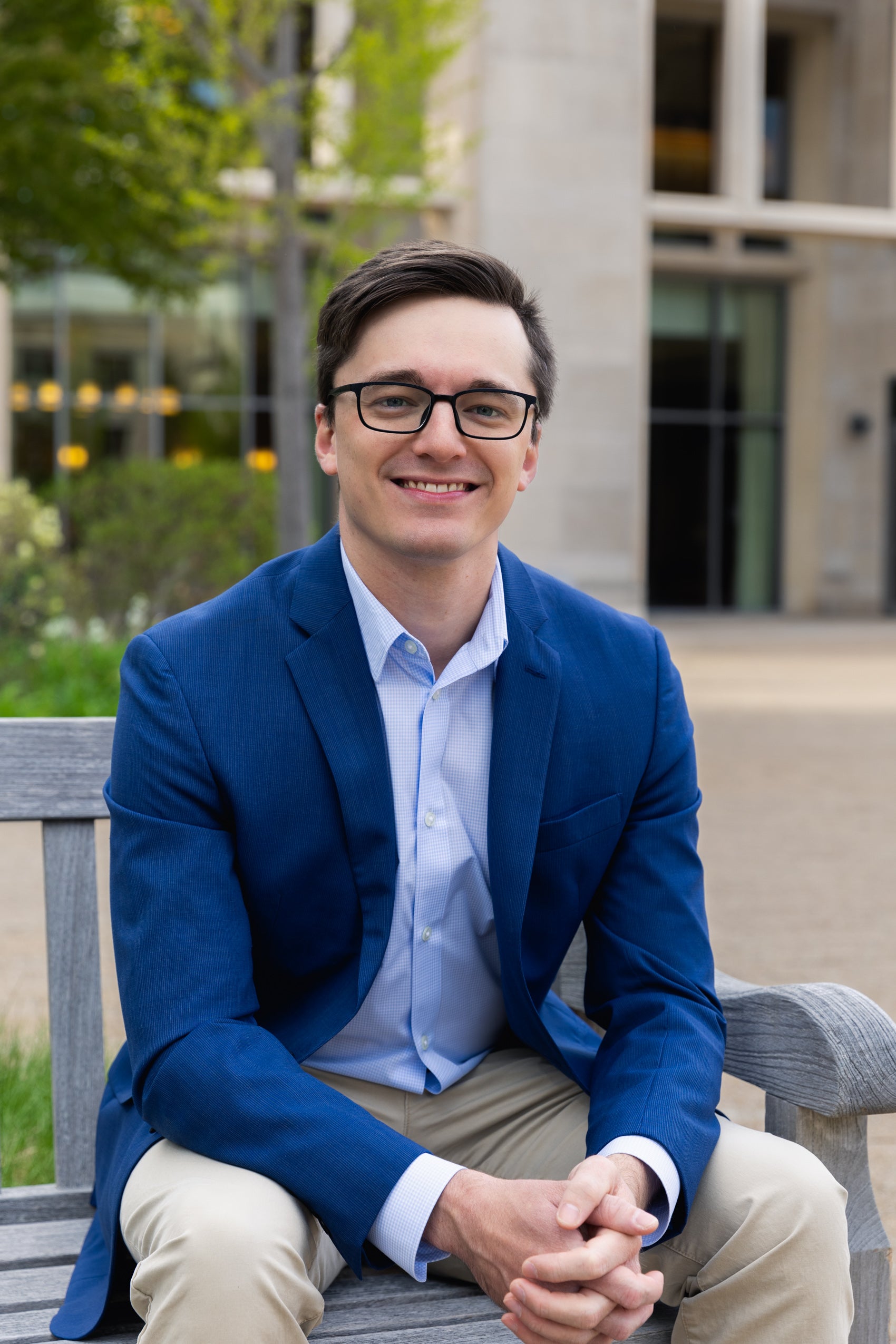
Ben Reichard ’25 believes that community is built, not merely found.
A native of far western Maryland, Reichard wanted to find a way to connect with Harvard Law School students with similar roots and share his culture with others. But when Reichard realized that what he was seeking didn’t yet exist on campus, he didn’t get upset — he got busy, co-founding the Appalachian Harvard Law Students Association last year.
“It takes effort to build a shared sense of belonging, an inclusive space,” says Reichard. “Trying to make those spaces at HLS has been really meaningful to me.”
Reichard didn’t want to interact only with people from his own background at Harvard Law. Instead, he aimed to take advantage of as many opportunities as he could during his three years to make friends, foster connections, challenge and be challenged, and grow as a person and professional.
“We’re not just here to become lawyers,” he says. “We’re here to become better people and better global citizens.”
Sukhmani Kaur
Inspired by her Sikh religion to help others connect, create community, and fight injustice
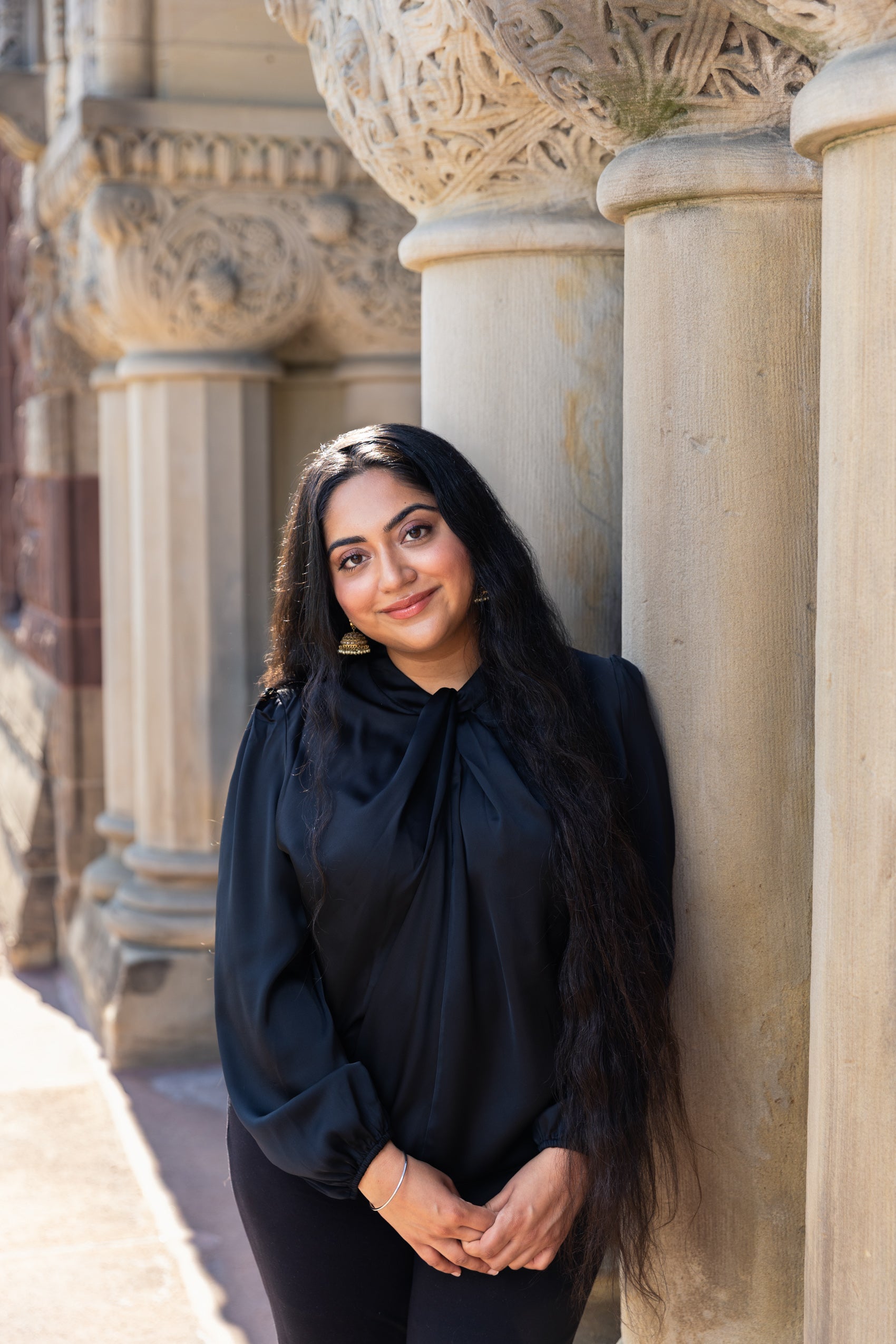
When she was 13, Sukhmani Kaur ’25 tore a lined piece of paper from her notebook and wrote “Living the dream — being a lawyer.” Beneath those six words she printed the names of 15 law schools. No. 1 on her list, and highlighted in pink, was Harvard.
That dream is coming true this May as Kaur prepares to graduate from Harvard Law School. It may seem unlikely that someone so young could predict her future profession, but Kaur’s longtime interest in the law was informed by a deep sense of justice, inspired by the experiences of her parents who survived the Sikh massacres in India in 1984, her commitment to the Sikh faith, and her own life growing up in post-apartheid South Africa.
“My influences, however complex and unsettling they can be to navigate, have given me firsthand knowledge that positions me to make unique, meaningful differences in serving post-conflict societies,” Kaur wrote in her law school essay.
During an interview, Kaur described how her father had escaped harm by chance in 1984, when he was 11 years old, because he had washed his hair and wasn’t wearing his turban when the massacre began, and how Muslim and Hindu friends and neighbors had helped hide her parents from violent mobs.
“I took from those stories an understanding that they still live with their pain because there’s been no reckoning with what happened to the Sikh community after 1984,” said Kaur. “I also realized that I wanted to figure out how to be like those people who helped my parents, how to be that person for my community and for other communities.”
Sean Wynn
‘I’ll always be looking down to lift as I climb’
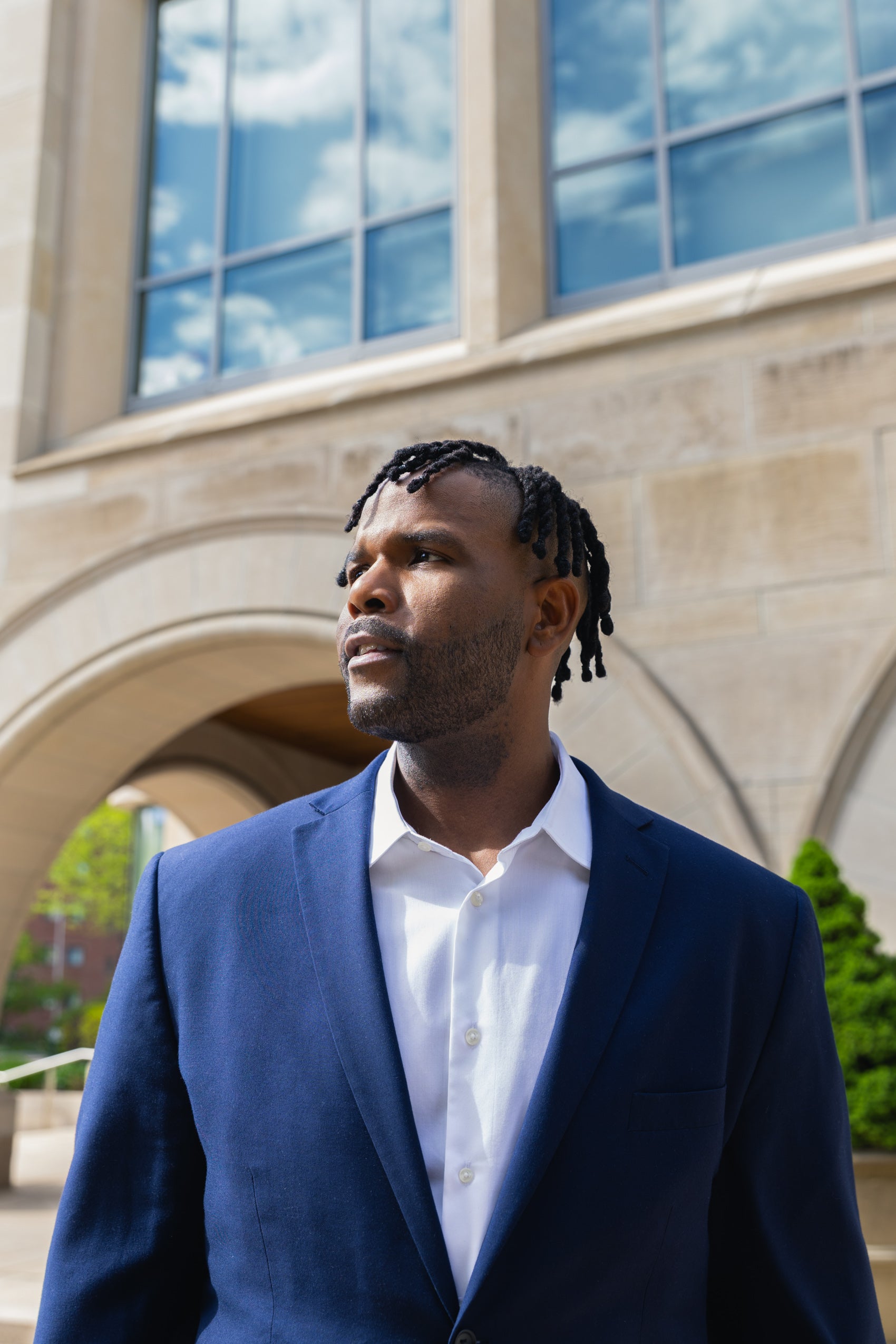
Sean Wynn’s favorite motto is “lift as you climb.”
For the past three years while pursuing his degree at Harvard Law School, Wynn ’25 has used the law and his passion for helping to lift others every chance he gets.
Helping others helps you, said Wynn, “because when you give so much of yourself, you are able to have a richer network and community of support around you at all times, and it allows you to excel in ways you wouldn’t have been able to do alone.”
Wynn has devoted his law school summers to rigorous legal work and his campus time outside of class to representing clients unable to afford lawyers through Harvard Defenders, building community among Black students at the school, encouraging prospective students to attend Harvard, and recognizing support staff at the school’s annual awards dinner. He has been treasurer and then president of the school’s Black Law Students Association, has been executive editor of financial operations for the Harvard Journal of Sports and Entertainment Law, and has been president of the Harvard Association for Law and Business.
Others have taken note of Wynn’s many campus contributions. He was recently awarded the Frank S. Righeimer Jr. Student Prize for Citizenship that recognizes a student’s exceptional citizenship in the school community. Wynn said being nominated for the award by his peers and members of the faculty and staff was both an honor and an affirmation.
“It was a reminder to always do good by people,” he said, “and that you are always going to be more rewarded and be in a better position when you lead from the front and when you are of service to others.”
Esther Gabriel
Working to reduce her region’s climate burdens
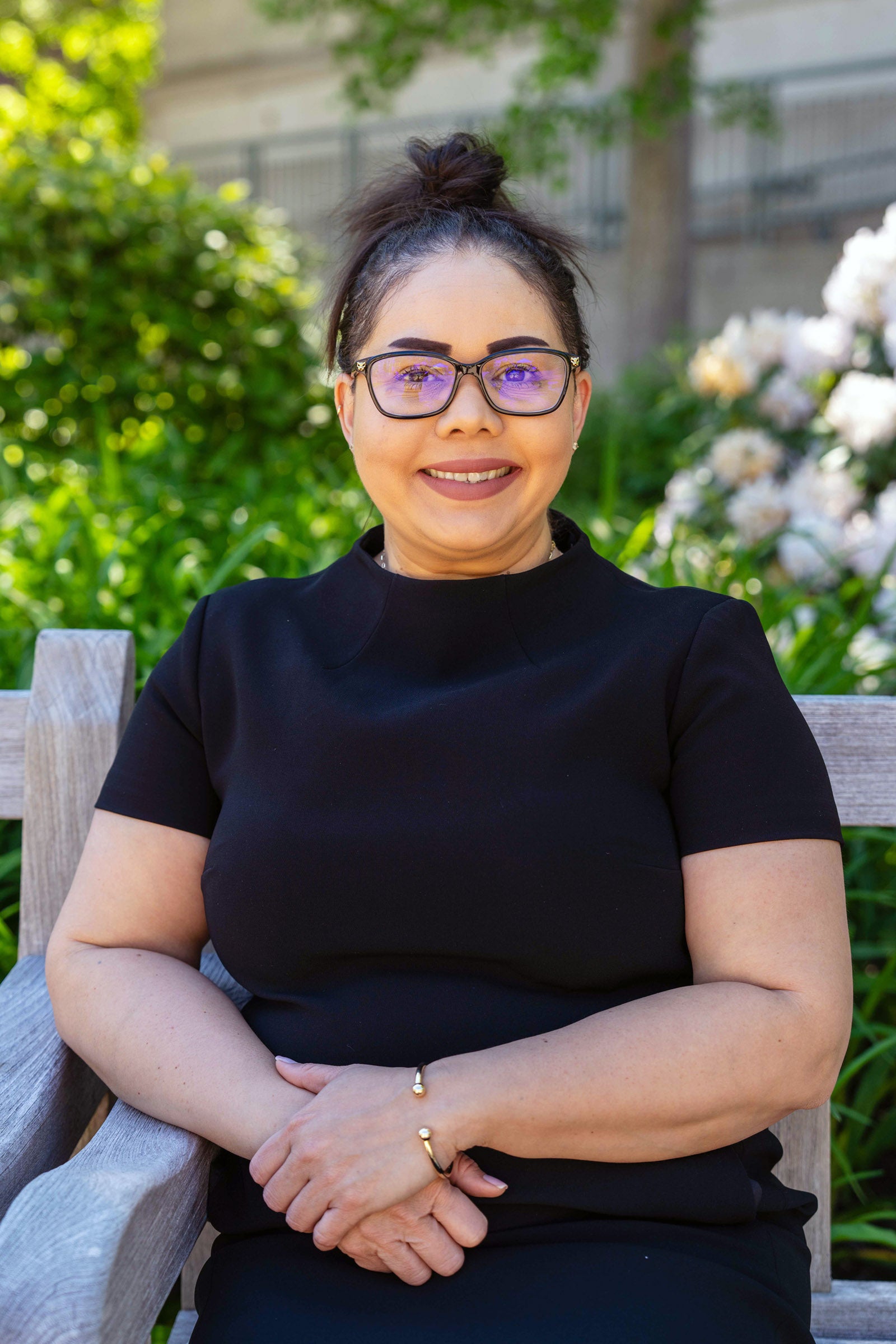
Esther Gabriel ’25, a native of Fiji, had been living in the United States and working as a financial adviser for 15 years when she got a call from home with an urgent request.
Elders in her family’s village of Vunibau in Serua province asked that she bring her education back to Fiji and help find solutions to the threats from climate change. “I was asked by them, ‘Isa Esther, is anyone going to come and help us?’” she said. “Life is just getting harder and harder in the Pacific. They expressed a very urgent concern, asking ‘What do we need to do?’”
Fiji, an archipelago of more than 300 islands in the South Pacific Ocean, relies on the land and sea for its sustenance, with farming and fishing among the nation’s largest industries.
As climate change accelerates, nearly every aspect of traditional Fijian life is under threat, Gabriel said. As the seas warm, fishing becomes unpredictable and more time-consuming. As the soil becomes saltier, agricultural cycles destabilize, leaving farmers with less time to harvest. More frequent hurricanes are causing mass homelessness with no time to rebuild in between.
“This is a moment in Fiji’s history when we’ve been really challenged as an island nation,” she said. “As part of the broader Pacific region, we’re not necessarily a people that has relied on money as a means of living. We’ve relied on the ocean for our food and the land to plant.”
When her elders reached out, Gabriel was well-suited to respond. After receiving her mathematics degree from the University of Hawaii at Manoa, she expanded her knowledge of finance and economics while working at big banks in the United States. As a Pacific Islander with dual citizenship and residence in the United States, Gabriel sees herself as uniquely positioned to bridge two worlds.
“For those of us who have that privilege, I feel it is our duty to help to operationalize meaningful strategies,” she said. “I applied to law school because if I’m truly to understand what is going on, what’s the global discourse, what are people saying about climate change in the South Pacific context, what resources are being moved around to help local communities that are struggling, I must be knowledgeable, and I must speak the language of the day with authority.”
David Marchese
‘I’m going to be able to use the vehicle of the law to help people’
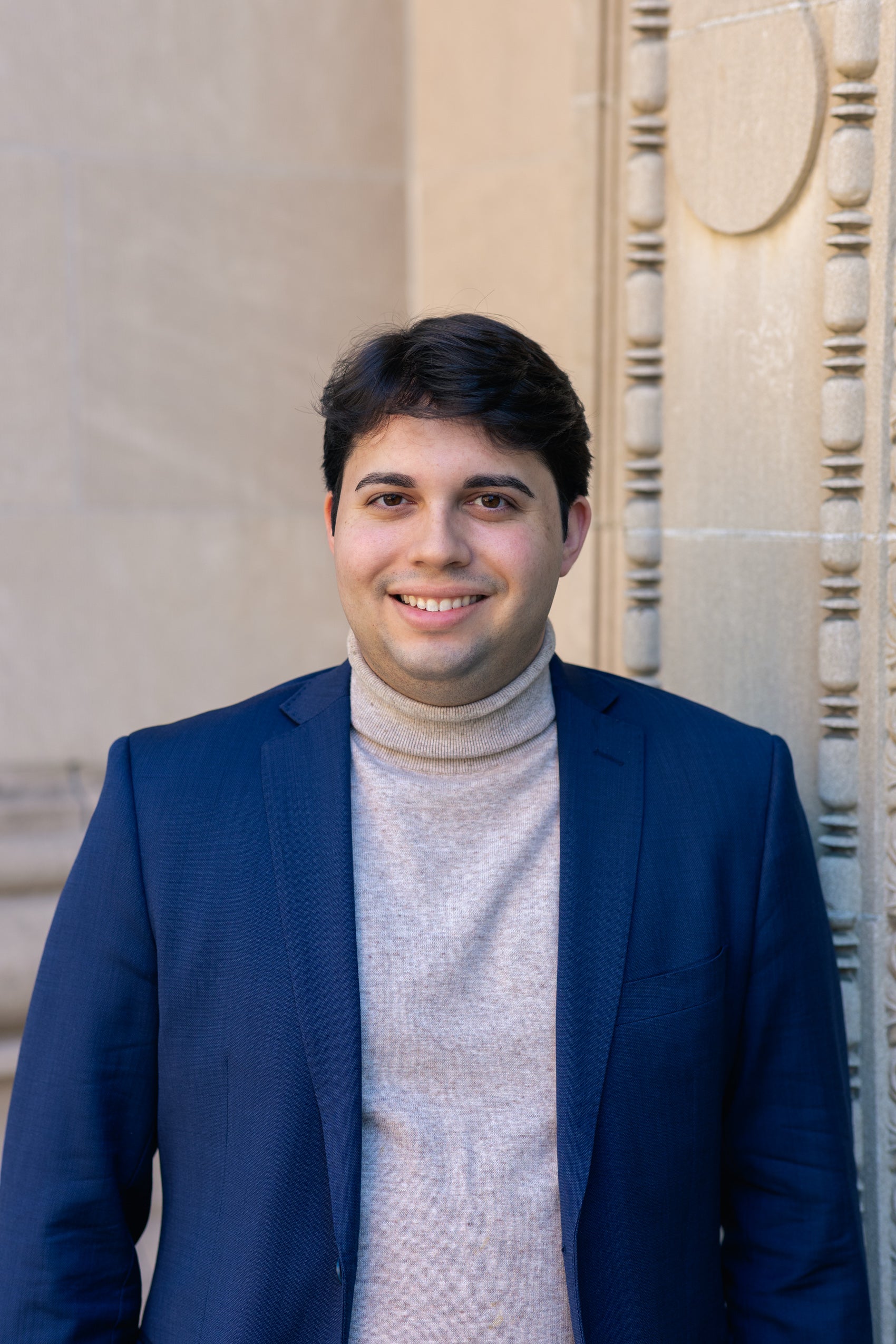
David Marchese ’25 was straddling a narrow chokepoint of the Rio Grande River in Big Bend National Park when he missed the call from Harvard Law School letting him know he had been admitted from the wait list.
When Marchese returned to his car and heard the voicemail from Assistant Dean for Admissions Kristi Jobson ’12, he started to cry. He had planned to start at another law school in the fall of 2022, but he accepted Jobson’s offer without hesitation. (Because it was after 5 p.m. in Cambridge, however, he politely waited — on pins and needles — to return her call the following day.).
“I had a mentor who said, ‘When Harvard comes knocking, you answer,’” he laughed. The call “was completely life-changing.”
Marchese, who grew up mostly in McAllen, Texas, came to Harvard Law with a goal of working in civil rights law, but through his coursework and prominent internships — including at the U.S. Department of Defense — he found he had a passion for national security law too. He initially planned to serve in the U.S. Navy or U.S. Air Force Judge Advocate General’s Corps or as an attorney in a defense-related agency for the federal government. But those plans were derailed by a federal hiring freeze, among other unforeseen circumstances. Now he’s pursuing plaintiff-side work in his native Texas.
“The through-line is wanting to do public service,” he said.

View full coverage from the festivities of the 2025 Class Day and Commencement Ceremonies at Harvard Law School
Want to stay up to date with Harvard Law Today? Sign up for our weekly newsletter.
